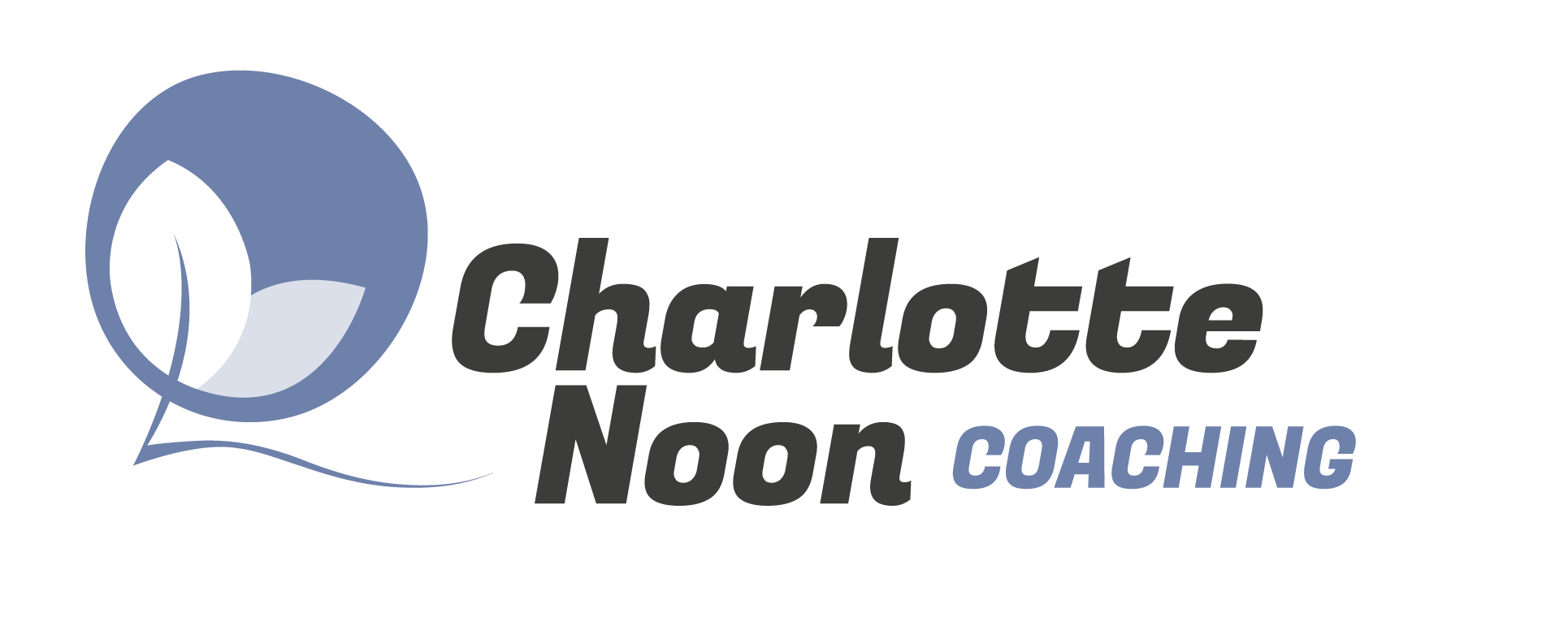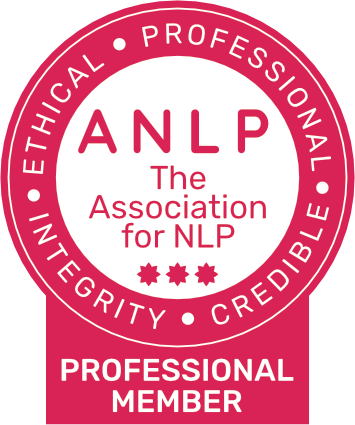5 questions to ask your teen to create a supportive learning environment at home

When it comes to learning, we often focus on factors such as intelligence, motivation, and teaching methods.
But one crucial aspect that is often overlooked is their preferred learning environment and this will vary enormously according to the individual. This is why it is important to ASK your teen what they need, rather than TELL them.
Here are 5 questions to get you started:
(1) Where do you prefer to learn?
Often as parents if we see our teens lying in bed listening to music, we think that they can’t possibly be learning. How can they be focussed unless they are sitting at their desk with books spread out in front of them?
But the thing is, learning can happen anywhere and we learn best when we feel comfortable. I almost never work at my desk. I work in bed. I work on trains. I work in the car. I work in local cafes. I work in the uni library. I work in the woods. I work on the beach. Last week, I was laughed at by a number of passers-by when I took a chair to a local park and sat for several hours typing on my laptop. People joked that it was “cheating,” but the truth is that I am least productive when sitting at my desk.
The thought of waking up in the morning and facing a full 8 hours of sitting in the same place literally fills me with dread. It tends to numb my creativity. My best “writing” is often done with me recording myself speaking whilst out and about and then typing it up when I get home.
Could this be the same for your teen?
By offering your teen flexibility and showing them that learning doesn’t have to “look” a certain way, you could really unlock their motivation. I double my productivity with a croissant and a latte to spur me on!
(2) What time of day are you most productive?
I’m an early riser. I get twice as much done if I start early before the rest of the house is awake. Mark Twain once said “If it’s your job to eat a frog, it’s best to do it first thing in the morning. And if it’s your job to eat two frogs, it’s best to eat the biggest one first.” This works for me.
But most teens I know do not operate this way. If your teen is sluggish and uncommunicative until lunchtime, suggesting that they get their work “out of the way” in the morning simply won’t work no matter how sensible that approach seems to you.
Some of the teens I helped to design study timetables this summer told me that they wanted to plan to study at 12pm each day. Personally, that would be my worst time – bang in the middle of the day – as I would prefer to be heading out for the afternoon, having finished work at that time. But they were adamant that this would work for them. It really highlighted to me the importance of getting teens to plan their own schedules.
(3) What learning resources do you need?
There are so many different learning resources available now, that it’s easy for us as parents to find what works for our teens.
If your teen loves visuals, get them to do a search on Pinterest. Many teachers and teens have shared their own creative mind maps and flashcards on there. This could be a great starting point to inspire your teen to create their own visual learning tools.
You can buy flashcards for almost every subject. Encourage your teen to use these to create posters to stick up around the house so that they are absorbing information, even when they are not actively learning. In our house, we had literature quotes on the fridge for months leading up to the GCSEs. It was impossible to make a cup of tea without “revising” those quotes every time we went into the fridge for milk!
If your teen learns by listening, make sure that they have access to podcasts, videos or audio books. Youtube has no end of great revision tutorials. They don’t even need to be sat still whilst they are listening. I often listen to new texts to prepare for teaching whilst on a treadmill or walking through the woods.
If your teen is more of a do-er, get them creating or playing. What creative software could they use to create their own resources? Could they make their own videos to learn the basics of a plot outline? There are also so many matching activities or timed activities online for those who need a bit of a dopamine hit to get motivated.
Help your teen identify their areas of interest and passion. When they are genuinely engaged in a subject or topic, learning becomes enjoyable and effortless.
Encourage your teen to explore these interests by providing additional resources, such as books, documentaries, or online courses, that delve deeper into the subjects they find fascinating. Integrating their interests into their academic pursuits can fuel their motivation and enthusiasm for learning.
(4) Do you prefer studying independently or in a group?
Some teens prefer solitude to concentrate on their studies and avoid distractions, while others benefit from collaborative learning experiences where they can discuss ideas, ask questions, and share knowledge with their friends.
If your teen prefers to work with others, provide a space in the home where they can invite their friends over to study with them. I find providing crisps, pizza, fizzy drinks etc can go a long way in terms of providing that extra burst of motivation to study (or am I just finding excuses to eat this stuff myself? There seems to be a theme!)
(5) How can I support you in your learning journey?
It can be less than easy sometimes as parents to resist the urge to “nag” and tell our teens what we think that they “should” be doing. Of course, we have their best interests at heart. But sometimes it can have the opposite effect.
Nagging can make them feel that they are not being heard or understood.
Often if you ask your teen directly how you can best support them, they will know exactly what it is they need. This saves you having to second guess what they might need and will enable you to support them quickly and easily.
Whether it’s providing a quiet study space, helping with time management, or seeking additional tutoring or resources, let them know that you are there to help.
Regularly check in with them to ensure that they feel comfortable and supported as they forge their own path through the education system.
For more info on how to help your teen with their learning, check out my previous blog post www.charlottenooncoaching.co.uk/blog/how-much-revision-should-your-teen-be-doing-over-the-summer-break
If your teen would like additional support with their learning, there are still a few spaces left on my mentoring programme starting in September www.charlottenooncoaching.co.uk/teens-at-school

